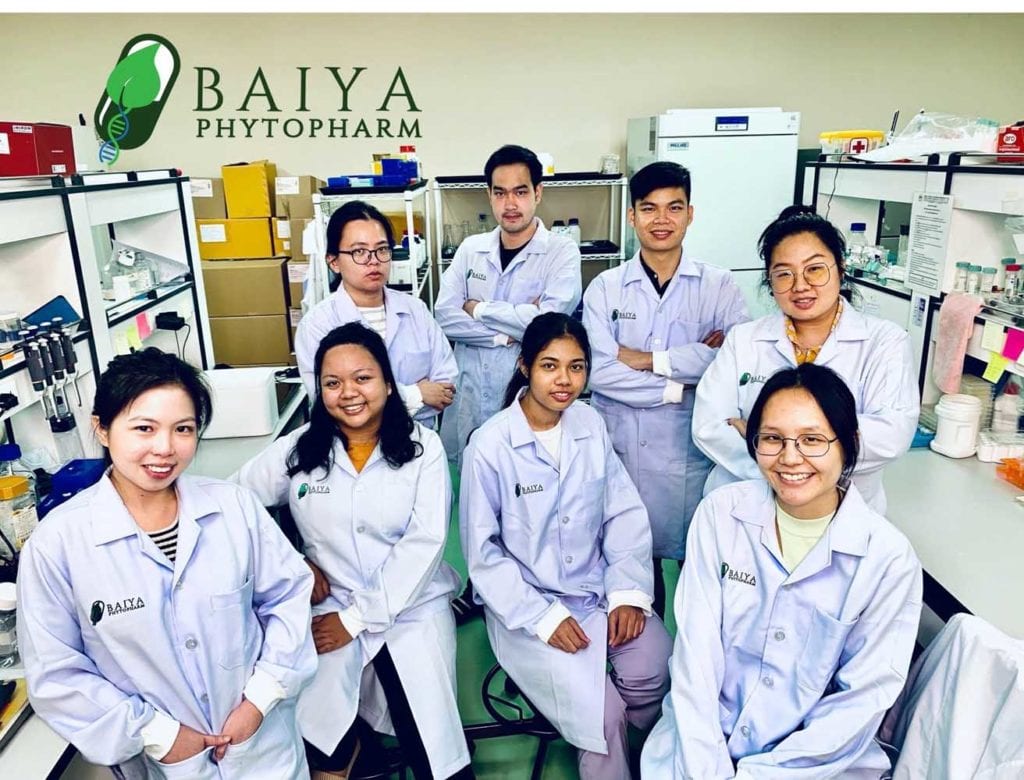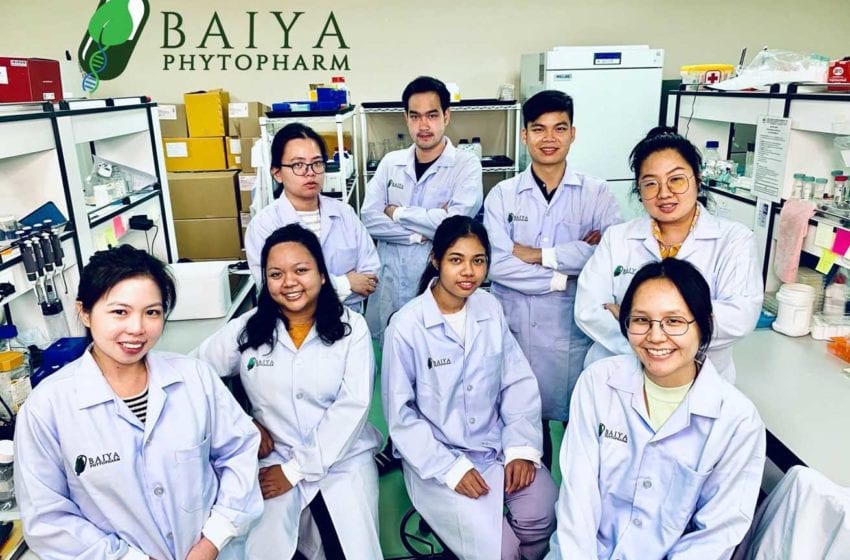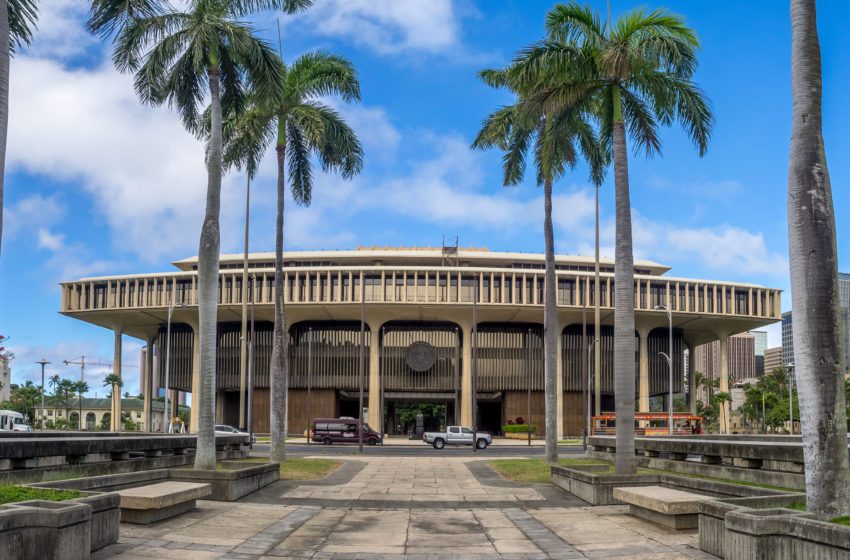
Baiya Phytopharm claims to have produced antibodies against cancer from tobacco and undertaken successful trials using lab animals.
Instead of targeting cancer cells the way chemotherapy does, plant-based immunotherapy focuses on boosting immune cells to block the growth of cancerous cells.
While immunotherapy has gained popularity in recent years, the antibodies for such treatment remain expensive. In Thailand, immunotherapy medicine production still relies heavily on imported technologies and equipment.
According to co-founder and Chief Technical Officer Waranyoo Phoolcharoen, Baiya Phytopharm aims to reduce the cost of producing cancer-treating drugs in Thailand and make such treatments more accessible and affordable.
“Our team is developing technology to produce a plant-based protein, an alternative and cost-effective ingredient for anti-bodies to treat cancer,” Waranyoo told the Bangkok Post.
During the Covid-19 pandemic, the Thai pharmaceutical company made headlines with its efforts to develop a tobacco-plant based vaccine against the coronavirus. (See “Joining the Race,” Tobacco Reporter, November 2020).
Tobacco plants lend themselves well to developing pharmaceutical compounds (also see “The Virtuous Weed,” Tobacco Reporter, April 2022). In many ways, they are better suited to the task than the man-made bioreactors used in traditional vaccine development, according to experts.











